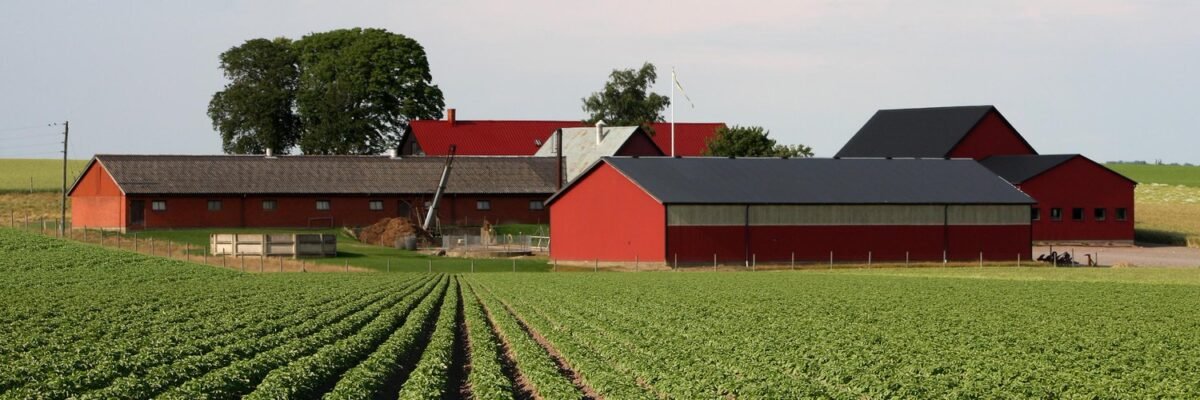ICAR signs an MOU with Amazon Kisan to empower farmers
ICAR will provide technological backstopping to the farmers through Amazon’s network
Indian Council of Agricultural Research (ICAR), New Delhi signed an MoU with Amazon Kisan to combine strengths and create synergy between the two organisations to guide farmers on scientific crop cultivation for optimum yield and income. ICAR will provide technological backstopping to the farmers through Amazon’s network. It will improve farmers’ livelihood and boost crop yield. This MoU in farmer’s partnership with the Amazon Kisan program will help ensure access to high-quality fresh produce for consumers across India, including through Amazon Fresh.
On this occasion, Dr Himanshu Pathak, Secretary DARE & Director General ICAR, emphasised secondary agriculture for better remuneration for the farmers. He further highlighted the importance and role of critical inputs in agriculture and season-based crop plans. He mentioned that ICAR will collaborate with Amazon for technologies, capacity building and transfer of new knowledge.
On behalf of ICAR, Dr US Gautam, Deputy Director General (Agricultural Extension) and Sidhrtha Tata, Senior Product Leader from Amazon Fresh Supply Chain & Kisan signed the MoU.
The outcomes from a pilot project at Pune between ICAR-KVK and Amazon have motivated me to further expand the collaboration to extend the precise agriculture practices developed through extensive research. Krishi Vigyan Kendra will strengthen a wider group of farmers by leveraging a technological base through the transfer of technology and capacity-building programmes. ICAR and Amazon will work together on other farmer engagement programs at Krishi Vigyan Kendras, conducting demonstrations, trials, and capacity-building initiatives to enhance farming practices and farm profitability. Furthermore, Amazon will provide training support and assist farmers in marketing their products through its online platform, facilitating direct connections with consumers.
ICAR will provide technological backstopping to the








